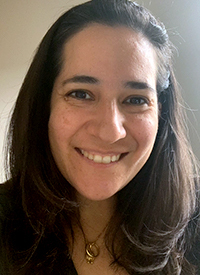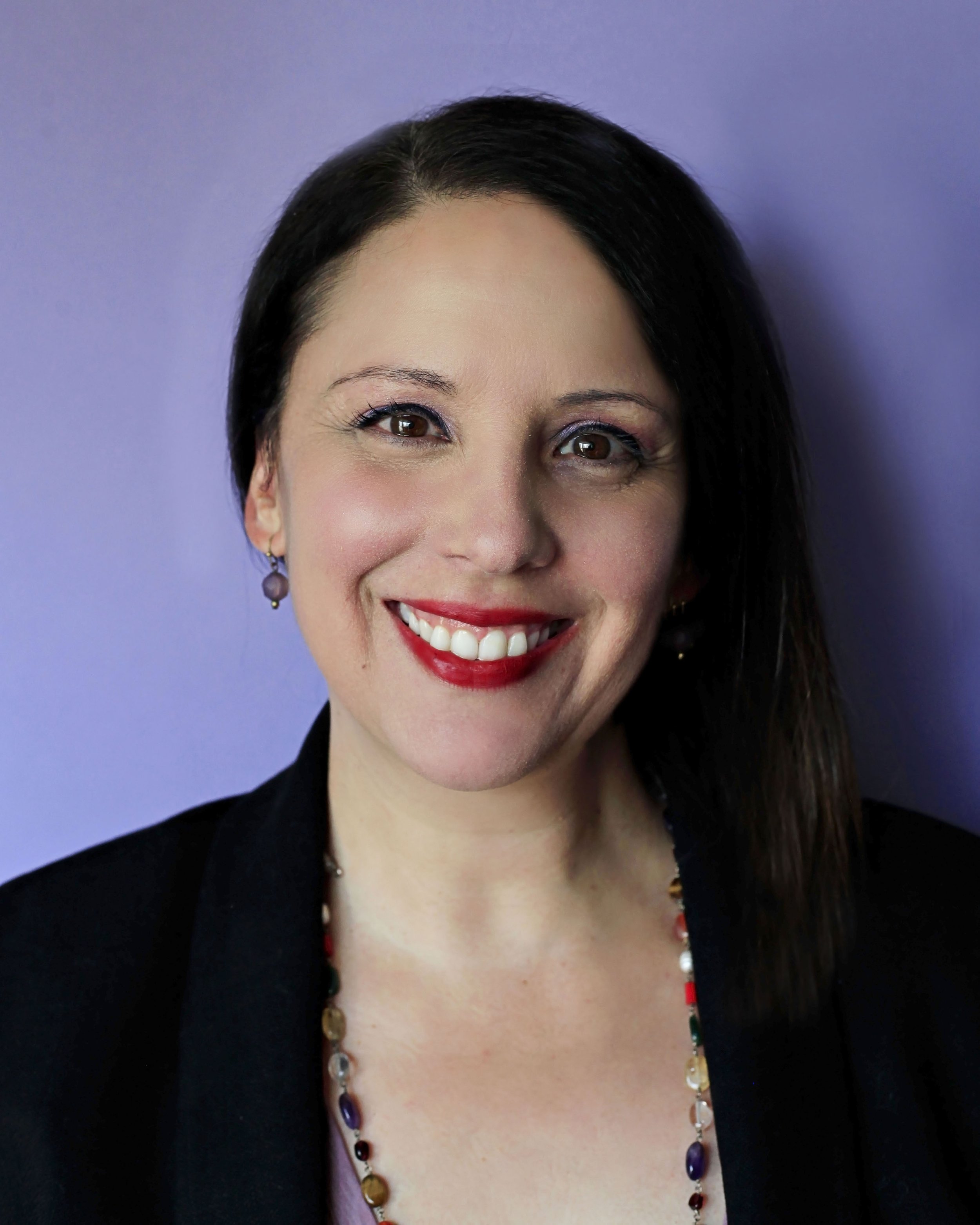“In this talk I aim at engaging participants in doing conscientização (Freire, 1968; Freire, 1996), that is, enacting a critical stance towards ideas about language that have been naturalized and enforced in educational settings. Through a raciolinguistic perspective (Flores & Rosa, 2015), we will reflect about ways whiteness has been established as the hidden norm that discipline what counts as academic language while nullifying, stigmatizing and pathologizing variability, hybridity and fluidity. We will discuss how to resist and disrupt linguistic supremacy by liberating our languaging.” - Clara Vaz Bauler
About the working group:
The Ideologies of "Good" Languaging Working Group is organized and led by Drs. Maria Rosa Brea and Erica Saldivar-Garcia. This interdisciplinary affinity group brings together faculty and doctoral students across the departments of Communicative Sciences and Disorders and Teaching and Learning to co-create spaces of inquiry, collaborative learning, and community centered transformation by interrogating ideological orientations about language, race, and ability that characterize policies, curricular materials, and practices.
Participants
Clara Vaz Bauler is an Associate Professor of TESOL/Bilingual Education at Adelphi University. Her research examines how digital media technology can create spaces for minoritized multilingual students to center their voices, linguistic-semiotic resources and composition strategies. As a teacher educator, she resists the ways raciolinguistic ideologies systemically stigmatize, sort, and discriminate against students simply for being themselves.
María Rosa Brea, Ph.D., CCC-SLP, is a Clinical Associate Professor in the Department of Communicative Sciences and Disorders. Dr. Brea joined NYU Steinhardt in Fall 2017 as the inaugural Director of the Bilingual Extension Track. Dr. Brea is a Dominican, immigrant, bilingual (Español and English) speaker, a critical teacher-scholar whose work has been centered at the intersection of multilingualism and disability. She teaches about and implements culturally responsive and sustaining pedagogical practices in her courses, as these are aligned with her overarching commitments to critical inquiry, reflexive praxis, and the redistribution of power in classroom spaces, in a way that remains representative of her students’ brilliant voices. Her classroom and community collaborations focus on researching the impact of standardized linguistic ideologies in speech-language practices, sustaining variability in languaging in the classroom, and co-envisioning a path for linguistic liberation.
Erica Saldívar García, Ed.D, is a Clinical Assistant Professor in the Department of Teaching and Learning and a part of the Multilingual Multicultural Studies program that encompasses TESOL, Bilingual, and World language. Dr. Saldívar García is a bilingual, California-born Chicana, mother, and educator whose work focuses on examining and reimagining pedagogical opportunities for multilingual students and bilingual Latinx students categorized as heritage speakers and English learners specifically. As a former Spanish teacher, her teaching and research invites students to critically examine established norms in language education spaces and co-create disruptions that move forward culturally sustaining practices centered on students and their communities.




